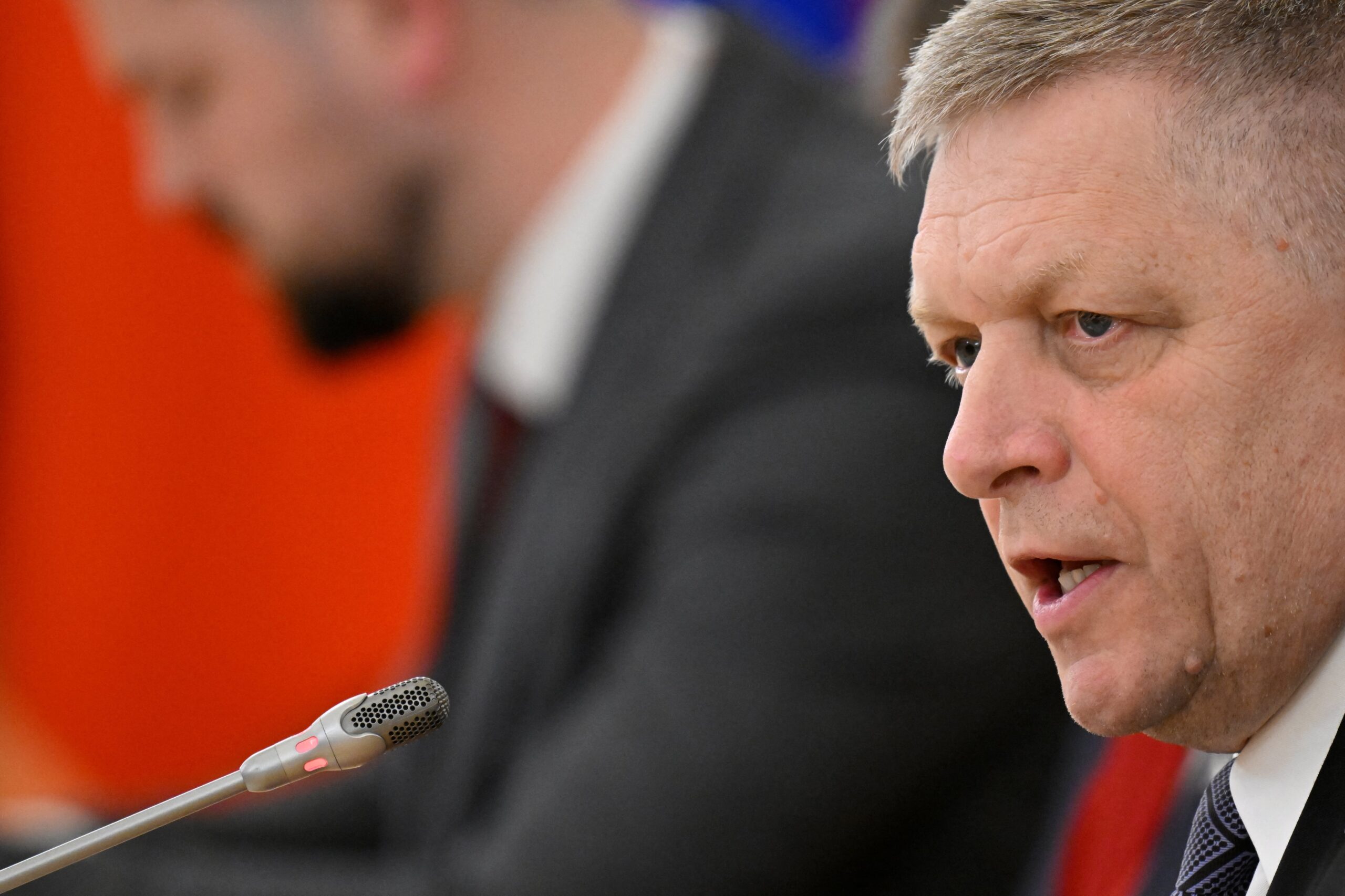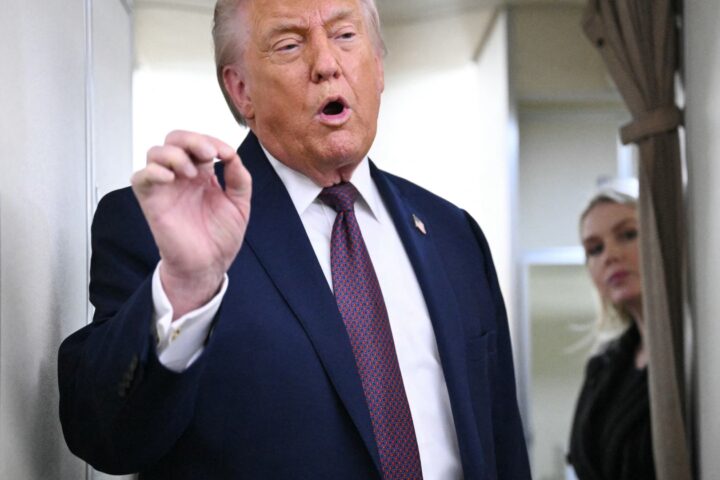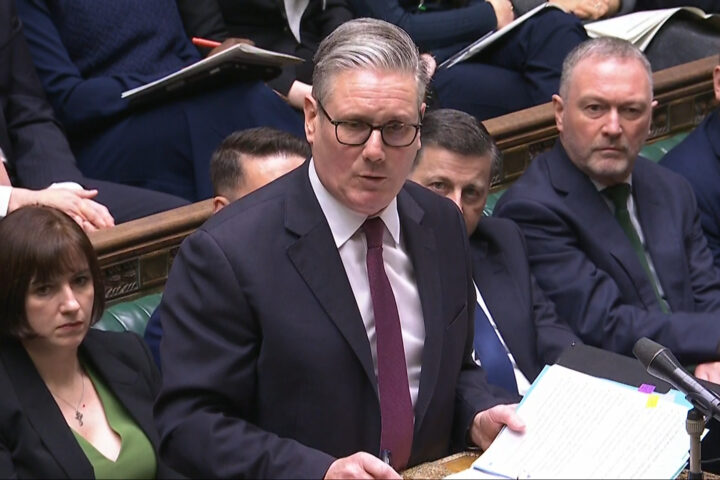In a move that’s sparked alarm both at home and abroad, Slovak Prime Minister Robert Fico has openly threatened to withdraw Slovakia from NATO unless the country is granted more autonomy over how it allocates defence spending. His remarks, made just days ahead of the upcoming NATO summit in The Hague, have triggered intense debate across Europe about collective security, national sovereignty and the rise of pro-Russian rhetoric in Central Europe.
5% for Defence? Fico Says No
Fico’s comments followed a closed-door meeting on 17 June 2025, where he reportedly lashed out at NATO’s proposed requirement for members to raise defence budgets to 5% of GDP by 2032 — 3.5% on military spending and another 1.5% on dual-use infrastructure.
Calling the demands “absurd” and a violation of Slovak national interests, Fico argued that this would mean diverting over €7 billion — nearly a fifth of the national budget — into military projects. Unless Slovakia is granted freedom to decide how to use its own funds, he warned, the country may be “forced” to reconsider its NATO membership.
“We will not follow diktats that don’t reflect our people’s needs,” he reportedly told party leaders and President Peter Pellegrini.
Source: Associated Press, 20 June 2025
Echoes of Orbán: Sovereignty or Sabotage?
Fico’s stance closely mirrors that of Hungarian Prime Minister Viktor Orbán, who has long championed national sovereignty in foreign affairs while clashing with EU and NATO policies.
Like Orbán, Fico is positioning Slovakia as a “neutral” actor, using slogans of independence while casting doubt on Western security strategies. Critics argue that this rhetoric doesn’t just question NATO’s policies — it dangerously echoes Kremlin talking points.
By framing military neutrality as a “positive” alternative to NATO membership, Fico is effectively shielding a foreign policy that leans closer to Moscow and away from European unity.
Undermining NATO from Within
Fico’s rejection of increased defence funding and flirtation with NATO exit talk come at a critical time. With Russia’s war in Ukraine still raging, NATO allies have been strengthening their joint deterrence and investing more in defence. Slovakia’s potential withdrawal or non-compliance risks not only regional security, but also internal cohesion within the Alliance.
His statements raise the uncomfortable question: Can Slovakia still be trusted as a reliable partner?
False Economy, Real Risk
Fico’s portrayal of NATO’s requirements as an “unjust burden” ignores broader regional realities. Many NATO members — from the Baltics to Poland — are already reaching or surpassing similar defence targets, not as an extravagance but out of urgent necessity.
To call these investments “absurd” while Europe faces a military threat on its borders is to misunderstand the very foundation of national and collective security.
Domestic and International Fallout
Fico’s remarks have already drawn sharp responses from both domestic opposition figures and international observers. Instead of rallying Slovaks around shared security goals, his words have deepened internal divisions and cast a shadow on Slovakia’s global standing.
Rather than acting as a unifying force, his threat of withdrawal appears more like political brinkmanship, one that could isolate Slovakia both politically and economically.
What’s Really at Stake
Slovakia’s credibility as a committed member of the Euro-Atlantic community is on the line. With the world watching and the security of Central Europe increasingly under strain, Fico’s NATO gambit risks not just diplomatic damage but long-term vulnerability.
What begins as rhetoric about “freedom to decide” may end in reduced investment, weaker international ties, and a fractured Western alliance — all while emboldening adversaries who benefit from division.















